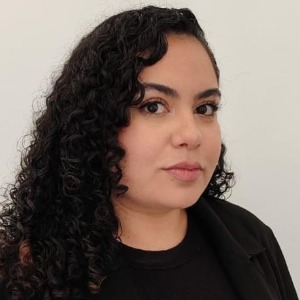Title : Gaps in clinical and ethical guidance during health crises: Lessons from the COVID-19 pandemic in México
Abstract:
The COVID-19 pandemic exposed significant gaps in the clinical, ethical, and legal frameworks guiding healthcare professionals during epidemiological crises. In Mexico, while numerous guidelines and protocols were rapidly issued, ranging from clinical treatment recommendations to bioethical frameworks for resource allocation, these documents often lacked integration, consistency, and practical applicability for frontline healthcare workers. This fragmentation hindered decision-making processes, exacerbated moral distress, and left professionals without sufficient legal and ethical safeguards.
To address this issue, we conducted a systematic bibliographic review of national and international documents on clinical care in health emergencies. A total of 645 documents were retrieved, of which 165 were selected for in-depth analysis, including 81 in English and 84 in Spanish. Using ATLAS.ti, we identified recurrent gaps: insufficient consideration of ethical dilemmas in resource allocation, lack of interdisciplinary integration, limited adaptability to local contexts, and the absence of legal clarity in the responsibilities and protections of healthcare workers.
Our findings underscore the urgent need for a comprehensive framework that integrates clinical, scientific, ethical, and legal dimensions. Such an instrument would not only guide prioritization of care and allocation of scarce resources, but also provide moral and legal support to professionals working under extreme conditions.
In discussion, this analysis reveals that while global and national institutions attempted to respond quickly, most guidelines remained fragmented or narrowly focused. Lessons from COVID-19, combined with historical experiences of H1N1, HIV, and other crises, highlight the necessity of a unified, adaptable, and context-sensitive guidance model. The proposed outcome of this project is the development of an integrated guidance tool tailored to the Mexican healthcare system but with global relevance. This work seeks to strengthen preparedness, equity in clinical care, and systemic resilience for future health emergencies.



